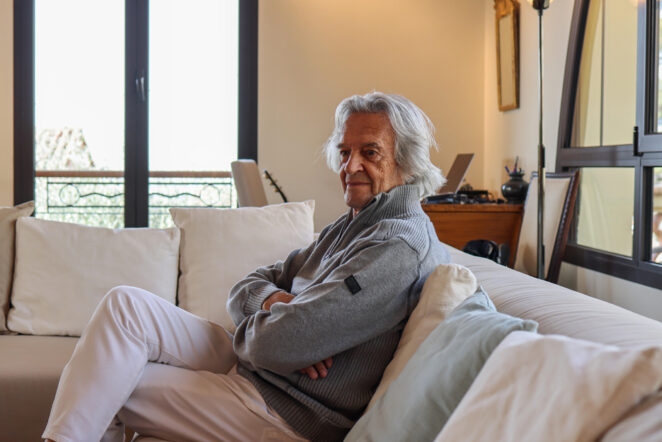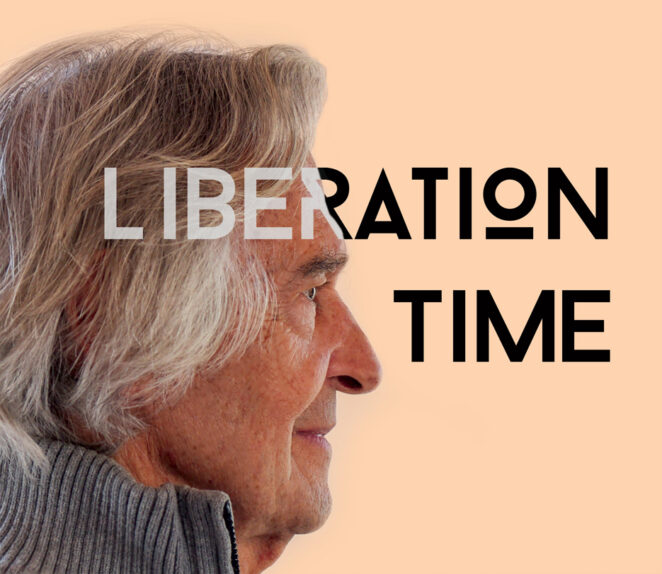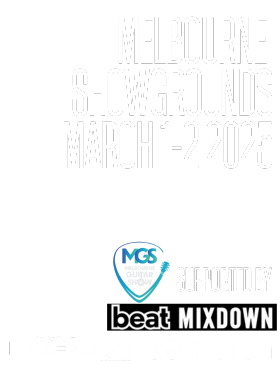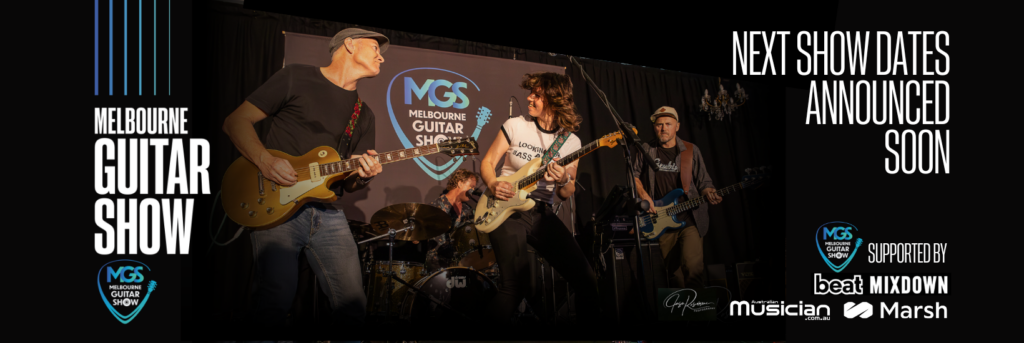
Frustrated with not being able to tour due to the pandemic, guitar legend John McLaughlin sought out his musician friends around the globe, along with some newer shining lights in music, to assist him in remotely recording a new album of material titled Liberation Time. From the opening notes of the first track As The Spring Sings, John comes out swinging. There’s no easing into it, straight into the frenetic guitar licks. It’s almost like he’s saying ‘I cant be contained anymore, I have to play, it’s liberation time’. Despite not being able to record face to face in the studio with his fellow musicians, he’s still captured an incredible energy that pervades throughout the entire album. On Liberation Time, John also returns to the piano for two short but beautiful piano pieces, Singing Our Secrets and Mila Repa, which serve as brilliant interludes between the lively guitar-based tracks. The piano is an instrument he has not recorded on since his 1973 collaboration with Carlos Santana, Love Devotion Surrender. Interestingly, the piano pieces were actually recorded 40 years ago as MIDI files and via a software application, were outputted as Bösendorfer piano files. The result is stunning. Liberation Time is an album of it’s time. It’s the album John needed to make and it’s the album all jazz fusion fans around the world needed to hear.
Featured musicians on the album include: John McLaughlin – Guitar / Guitar synth / Piano, Roger Rossignol – Piano, Ranjit Barot – Drums / Konokol, Jean Michel. ‘Kiki’ Aublette – Drums / Bass, Vinnie Colaiuta – Drums, Nicolas Viccaro -Drums, Julian Siegel – Tenor Sax, Etienne MBappe – Bass, Gary Husband – Drums / Piano, Sam Burgess – Bass, Jerome Regard- Bass, Oz Esseldin – Piano.
In an Australian exclusive, Australian Musician editor Greg Phillips speaks in-depth with guitar legend John McLaughlin about the creation of his new album Liberation Time and his approach to music in general.
John McLaughlin is a true pioneer of jazz fusion, his music combines elements of jazz with rock, world music, Indian classical music, Western classical music, flamenco, and blues.
After contributing to several key British groups of the early 1960s, McLaughlin made Extrapolation, his first album as a bandleader, in 1969. He then moved to the U.S., where he played with Tony Williams’s group Lifetime and then with Miles Davis on his electric jazz-fusion albums In a Silent Way, Bitches Brew, Jack Johnson, and On the Corner. His 1970s electric band, the Mahavishnu Orchestra, performed a technically virtuosic and complex style of music that fused electric jazz and rock with Indian influences.
McLaughlin’s solo on “Miles Beyond” from his album Live at Ronnie Scott’s won the 2018 Grammy Award for the Best Improvised Jazz Solo. He has been awarded multiple “Guitarist of the Year” and “Best Jazz Guitarist” awards from magazines such as DownBeat and Guitar Player based on reader polls. In 2003, he was ranked 49th in Rolling Stone magazine’s list of the “100 Greatest Guitarists of All Time”. In 2009, DownBeat included McLaughlin in its unranked list of “75 Great Guitarists”, in the “Modern Jazz Maestros” category. In 2012, Guitar World magazine ranked him 63rd on its top 100 list. In 2010, Jeff Beck called McLaughlin “the best guitarist alive,” and Pat Metheny has also described him as the world’s greatest guitarist. In 2017, McLaughlin was awarded an honorary doctorate of music from Berklee College of Music. (Bio courtesy Nocapshows)

Liberation Time is out now https://www.johnmclaughlin.com/





